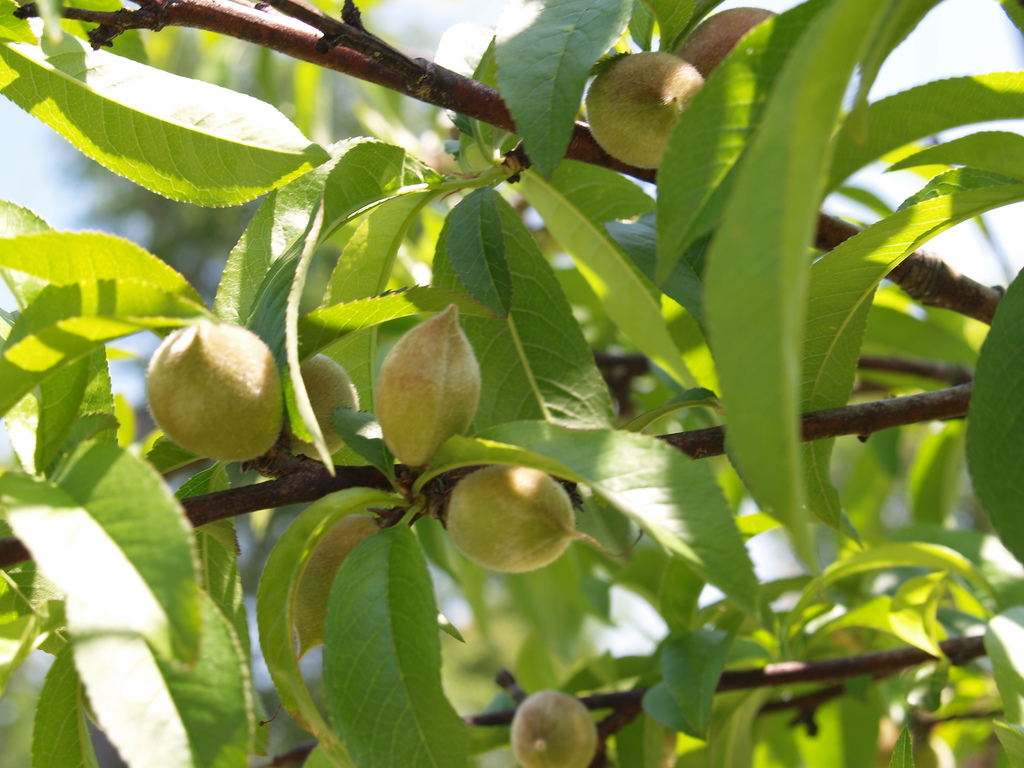
Helping Syrian refugees formalize their work status through cooperatives
Since fleeing his Syrian hometown of Aleppo in 2012, 26-year-old Abdel Aziz Al Hussein has been working on a farm in the Northern Jordanian town of Sabha near the Syrian border. He gets paid six Jordanian Dinars (US$ 8.50) picking peaches and nectarines for eight hours a day to support his mother and siblings.
Working in Jordan for years without a valid work permit meant that he has always had to look over his shoulder.
Working without a valid work permit for years, Abdel Aziz Al Hussein says that he lived in constant fear of being caught by labour inspectors.
“When we first arrived in Jordan, life was extremely difficult. We had no work permits, and we lived in constant fear of being caught by labour inspectors,” Al Hussein said. “There was a lot of pressure on us when it came to working. We were told that we should not work without work permits and we were always worried that we would get into trouble with the authorities.”
Al Hussein’s family is one of ten living in an informal camp near the farm. Until recently, the majority of the camp residents did not have work permits. They say they were put off from applying for permits by a number of obstacles, including the costly application fees and lack of legal documentation.
But the biggest hindrance was the difficulty of getting a Jordanian employer to apply for a work permit on their behalf.
Thanks to a recent government decision to give Syrian refugees a three-month grace period to apply for work permits, Al Hussein and others like him have been given the chance to legalize their employment status in specific sectors open to non-Jordanians.
[Full article here | Photo by Evilgurl]







